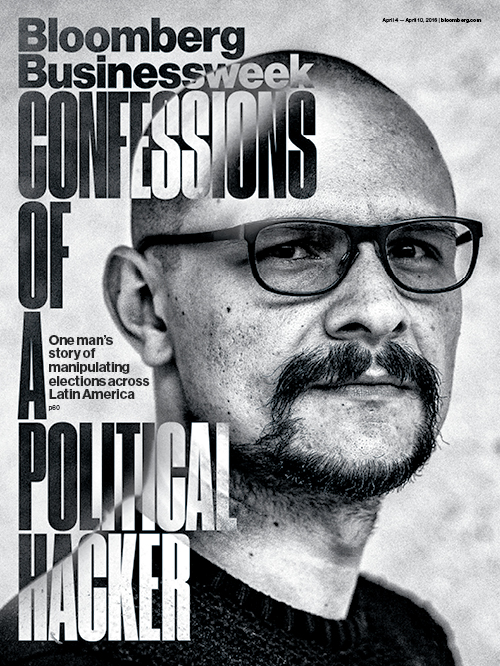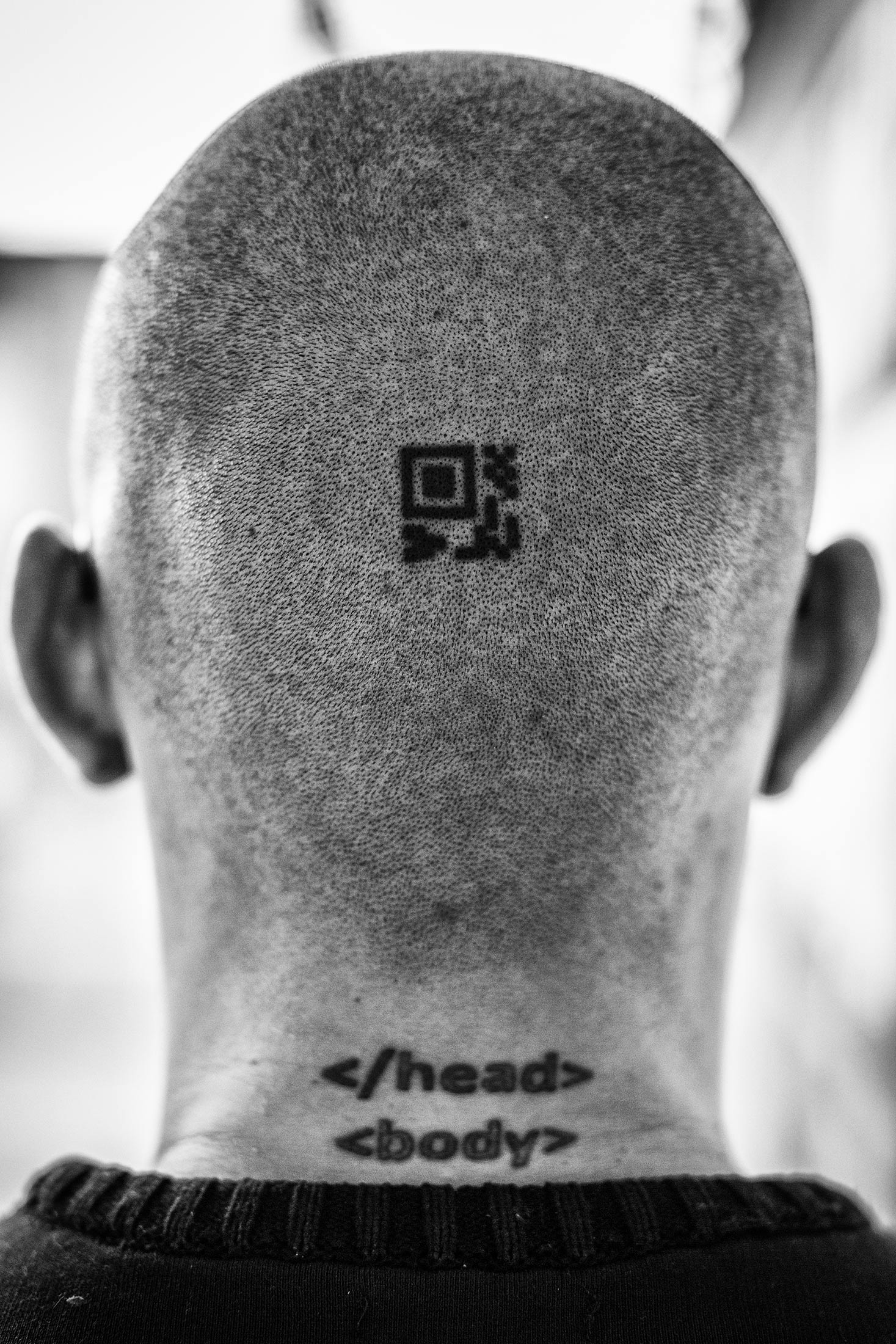How to hack elections: a hacker from Colombia manipulated the opinion of voters for 8 years

The Bloomberg publication has published extensive material based on an interview with Andres Sepúlveda, who is serving a sentence in a Colombian jail for using malware, conspiracy, violation of personal data law, and espionage. All charges are related to his participation in manipulating public opinion during the 2014 presidential election.
According to Sapulbeda, he, in particular, helped to win the election of Enrique Peña Nieto, the current president of Mexico; the operation budget was about $ 600,000. With his team, Andres hacked into the computers of competitors in an election campaign for the purpose of spying and manipulated social networks to create the “right” public opinion.
Zapulbeda began his political hacker career in 2005 by hacking unwanted sites and entering databases with records of supportive candidate candidates. The first task for the month of work on which he received $ 15,000 was to penetrate into the database of competitors Alvaro Uribe Vélez, the future president of Colombia, in order to receive e-mail addresses and send misinformation on them.
')

According to him, his team at various times worked in elections in Nicaragua, Panama, Honduras, Colombia, Mexico, Costa Rica, Guatemala and Venezuela. Answering the question whether he believes that the presidential elections in the United States are conducted with the use of similar technologies, Sapulbeda said that he "is 100% sure of this."
The mentor of Andres was Juan José Rendón , a famous psychologist, essayist and political activist. He gave Andres tasks and handed over payment for them. Under the influence of his mentor (who denies any involvement in the activities of Andres), Sapulbeda created a project to influence public opinion with the help of stuffing information into social networks. He saw that people trust the opinions of others, even strangers, privately expressed in social networks than opinion broadcast through newspapers and TV.

Juan Jose Rendon
They and their team created the Social Media Predator program, which manages a multitude of virtual twitter accounts. It allowed not only changing the descriptions and avatars, but also throwing in the necessary information to manipulate public opinion. "When I realized that people believe what they find on the Internet, more than they actually see, I realized that I have the opportunity to make people believe in anything."
In one of the election campaigns in Mexico, he made thousands of automatic calls to potential voters with a recorded message using a botnet.
He is currently under heavy guard because of the constant threats against him, and he is helping the authorities monitor the activities of other hackers.
Source: https://habr.com/ru/post/357044/
All Articles